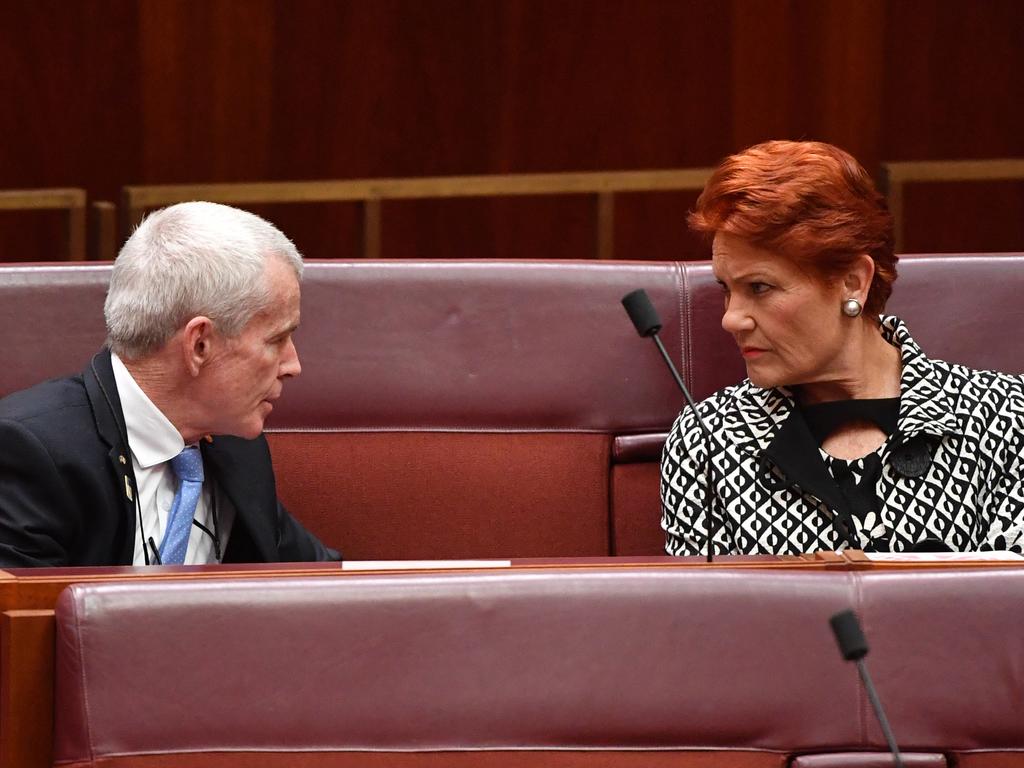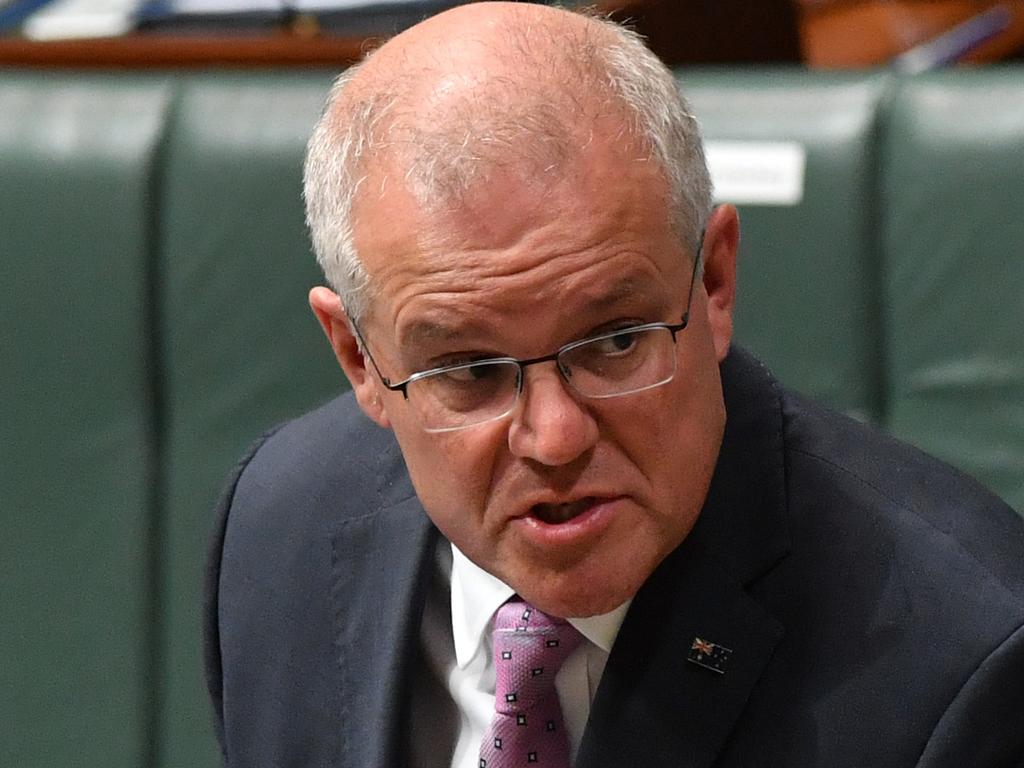How Mathias Cormann won over the European OECD states
Campaign to be OECD chief turned perceived weakness — Australia’s position on climate change — into a strength.

Mathias Cormann’s successful, come-from-behind campaign to become the head of the Organisation for Economic Co-operation and Development had a crucial strategic aim to turn a perceived weakness — Australia’s international position on climate change — into a strength.
The meticulous Cormann had a tactical, technical tool at hand that helped him to become not only the first Australian OECD secretary-general but the first from the Asia-Pacific.
Cormann traversed the world for the past six months with a colour-coded spreadsheet in his hand listing all the commitments of OECD members to greenhouse gas emissions targets and what they had actually achieved.
It was a graphic representation of nations’ climate change commitments and performance. And when it came down to targets reached, Australia’s performance stood up well against some other members. The red, blue and green colour-coded chart changed perceptions.
However, Cormann’s victory in the ballot on Friday led to a series of news reports saying he had been elected despite his opposition to a carbon tax, and Greenpeace International declared it was a “missed opportunity” for the OECD to lead the way in tackling climate change.

On Monday, the acting chief executive of the Australian Chamber of Commerce and Industry, a business member of the OECD, Jenny Lambert, said it was disappointing to see some groups were opposing Cormann by citing climate change alone “given (the) breadth of policy and leadership responsibility”.
During his candidacy, Cormann committed himself to act on this as well as other issues vital to Australia and the global economy, Lambert said.
It was the changing of perceptions on climate that was crucial in getting European nations to vote for the Australian Asia-Pacific candidate over the Scandinavian European candidate, Sweden’s Cecilia Malmstrom.
Given 26 of the 37 OECD members are from Europe, Cormann’s campaign had to attract at least eight European votes if it could rely on the 11 non-European votes. In the end, Australia believes that more than half the support Cormann got to reach the level of the candidate “with most support” was from Europe.
This European support was assisted by COVID-19 pandemic travel restrictions that encouraged leader-to-leader virtual contact without bureaucrats and allowed Scott Morrison to directly appeal to about 50 world leaders for their support.
One European ambassador has informed the Prime Minister’s representatives that their nation supported Cormann, despite there being a European candidate, because of Morrison’s direct request in a virtual meeting primarily about vaccines. But the exposition on Australia’s climate targets and the international campaign on taxation had helped.
The ambassador, like many others based in Canberra, had been directly approached by Australian Greens leader Adam Bandt and asked to oppose Cormann on the basis of Australia’s climate change policies and continued coal production. Other groups also appealed to members to oppose Cormann due to climate change.
“It was definitely a campaign directed to embassies getting the Europeans to support the other candidate,” the ambassador said.

Cormann’s obvious personal strengths were his Belgian birth, trilingual ability, including the essential French, his financial experience, his long links with European finance ministers and leaders and Australia’s long-running campaign on international taxation of multinational corporations and big tech companies.
Climate policy was the biggest challenge, but it was also an opportunity to put Australia’s aims to almost 40 developed nations.
“It proved to be a very good opportunity to counter myths about Australia,” one senior cabinet minister told The Australian.
“When other countries learn the truth of our efforts rather than the advocacy of our opponents, it is even more impressive,” he said.
Cormann’s plan was to set out Australia’s commitments to international agreements on climate change, such as the first Kyoto Protocol period between 2008 and 2012, and the second Kyoto target for 2020 as well as the Paris Agreement commitment to cut emissions by 26 to 28 per cent below 2005 levels by 2030. The government says it has met or will meet the Kyoto targets and is “on track” to meet the Paris targets.
The OECD itself has produced several climate change measures based on energy use and production which place Australia well below most, and in one presentation all, OECD members.
After his election, Cormann said he was “absolutely committed to ambitious and effective action on climate change” but that there were different ways to do it.
He said he was ambitious for the OECD to “help maximise the strength of the economic recovery in the wake of COVID-19 through strong, sustainable, cleaner, more inclusive growth”.








To join the conversation, please log in. Don't have an account? Register
Join the conversation, you are commenting as Logout